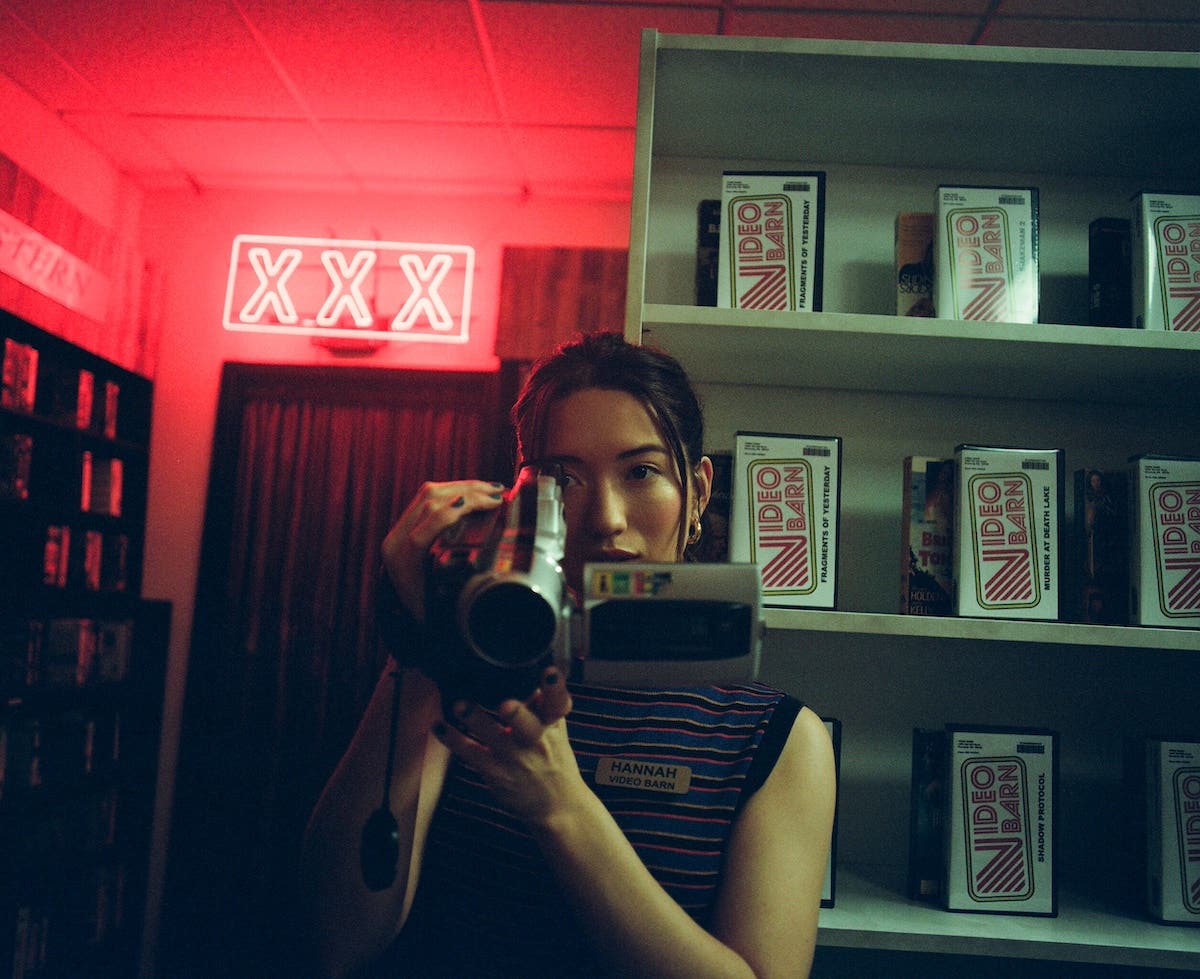Indievelopment: Show Me the Money! – Getting Paid in Indie
Everyone dreams of those big Hollywood spec sales. Tens, hundreds of thousands, a million bucks or more for writing. Getting paid in indie, needless to say, is a different animal….
Everyone dreams of those big Hollywood spec sales. Tens, hundreds of thousands, a million bucks or more for writing. Getting paid in indie, needless to say, is a different animal. While you don't make millions, you can make money, but to do so you need to be smart about who you work with and what your boundaries are. And, while there are no absolutely rules, here are a few things money-related that should scare you.
The Free Option
AKA the $1 option. What if your script has made it to someone and they are interested in shopping it around and getting financed, making a reasonably-budgeted film out of it? This may be a budget of $25K, it may be $100K, it may be $10M. Congrats! And you read the option agreement: "For the sum of One Dollar and other good and valuable consideration..."
Stop. One dollar? Seriously? Here's why you say no.
1) It hasn't cost them anything to tie up your script, so why should they care about pushing it forward? If a producer pays you real money, say $5000, they don't want to see that money go to waste. They know they have 18-24 months (or whatever your option period is) to hit their milestones, or else you get the script back and they lost their $5K. But a buck? Big frigging deal. I can skip my morning latte and option five scripts instead. Now, most indie producers don't have $5K to option a script. But it should cost something, $1000, $500, even $100. Use your judgement, but don't give people a free ride. If they are going to be seriously attempting to get a movie made, they'll be putting together pitch packages, taking potential investors to dinner... your option fee is part of their cost of doing business. Don't option your script to someone who can't afford to try to get it made.
2) It encourages companies to stockpile scripts. Let's say Joe over here isn't a very good producer. However, Joe meets people because he likes to go to parties, and some of those people are film people. So Joe writes 27 different $1 cheques, and now, for the price of ordering in pizza, he has five horror films, five thrillers, five romcoms, five kids' films, five action films, and two dramas (because Joe may not be very good, but he's not totally stupid and knows drama is a tough sell.) Now, no matter who Joe meets, he can middle-man himself into that project and you just have to hope your script is one of the ones he thinks of when he bumps into someone. And even more likely, you have to hope that Joe isn't a sleazeball who calls himself a producer in hopes of meeting women, and in reality your scripts are sitting in an unread corner of his Inbox, tied up for two years collecting dust.
Are there exceptions? Of course. I've given $1 options myself. But usually, if they're free, it's because of some awesome opportunity where the person who has the opportunity doesn't have any money yet. So the option should be short. If someone wants to enter into a contest with your script, and with them attached as producer, and they have no money unless they win the contest, fine. The option expires the day after the contest winners are announced unless your project wins. So free options should be short options. Which brings us to...
The Long Option
Industry-standard option length tends to be 18-24 months, with the option to renew for an additional 18-24 months after an additional payment. And those are real money, like 10% down, 10% on renewal options on a $50K purchase price. However, indie film time periods vary wildly. But they shouldn't.
Let's say Jill over here is a genuine producer. She's a straight-shooter, a solid film industry professional, and she's a true believer in your script. She had a film in the Toronto Film Festival one year, and now she wants to make your indie drama about a family losing their farm into her next critical hit. And she has a little bit of money. She'll pay $500 to option your script, but the time period? Six years. Know what you do then? You run.
She'll tell you that film takes time. She's right, it does. She'll tell you about films that took ten or fifteen years to get made. She's right; they're out there. So why not take that six year option? Because if a producer can't get your project into production in two years, or can't get enough interest in it to re-option it and get it into production in four years, then one of two things are true. Either Jill isn't trying hard enough, or some aspect of the combination of Jill and your script is not working. It could be that the people Jill goes to for financing don't like farm movies. It could be that your script isn't enough like her last one and she's having trouble convincing people she can pull it off. It could be that Jill's actually an incompetent and will never get your movie made, and that her last one was a fluke. It could be a hundred other things. Is it possible that Jill might get your film made five and a half years from now? Sure. The stars might align. And it's possible that the Cubs will win the World Series, but if you bet your career on it, you're going to be waiting a while.
Two years is a LONG time for a focused dedicated professional like Jill should be. If a producer can't get enough traction in that time to either make the film or re-invest in re-optioning it then, almost always, something isn't working and you need to change things up.
The D Word
So, the option price is good. The option is for two years, with an option to renew for two if they pay you real money. Now, here's a word that should make you quake in your bones, run for the hills shrieking, scurry home and pull the covers over your head, praying the monster doesn't get you. That word?
Deferral.
Now, don't confuse this with payment stages. I've only been paid the whole amount for a script once. Usually, I get paid on signing, then if I'm delivering rewrites I get chunks of money when drafts are done. And then another big chunk, on that magical day we call "commencement of principal photography." That means that, before they shoot a frame of film or put a byte of data on a memory card, you get a cheque, which is the balance of the money owing.
Those are payment stages, disbursements, call them what you will. Deferral is another beast entirely. It's when the producer says "I'll pay you $20,000 for the script, but my financiers can only put so much money up front, so we'll defer your fee until the back end profits. Here's $5000 up front, the rest on deferral." There's often some reference to "put all the money on the screen". The impression you're given is that you're pitching in to help the movie be better; what you're really doing is being forced to invest in the film. If you were working on an auto assembly line, how would you feel if they said "We're only giving you part of your paycheque so we can afford the really good paint job on the cars"? Not a good sign.
So enjoy the $5000. It is virtually certain that is all you will ever see. Now, maybe $5K makes you happy. Nothing wrong with that; at a certain point in a career, $5K may be great. But trust me on this; almost without exception, when you are told "$X up front, $Y on deferral", you should read that as "$X is all you will ever get." It's just reality. Indie films can make money or they can lose money; if the producer can't raise enough to pay their costs up front, it's probable they haven't raised enough to market it, etc., and the film will not do well. Deferral payments are the unicorn; they're pretty, and starry-eyed people like to dream about them, but they are the stuff of legend.
Next week, we'll talk about how to find the gigs. Questions? Shoot them at me in the comments.
Related Articles:
- More Indievelopment from Jeff Richards
- Story Talk: Should I Take a $1 Option on a Screenplay?
- Alt-Script: Four Ways to Control Your Scripts Budget Without Compromising the Film
- Business of Screenwriting: Things a Screenwriter Should and Should Not Do
- Meet the Reader: What Makes a Good Screenwriter?
Tools to Help:






![The Era of the Multi-Hyphenate: An Interview With Writer and Filmmaker Mario O. Moreno [SERIES]](https://scriptmag.com/uploads/MjEzMTEyNzA4NjQ2NTc3NjE1/the-era-of-the-multi-hyphenate-series-script-hero.png?format=auto&optimize=high&width=1440)
